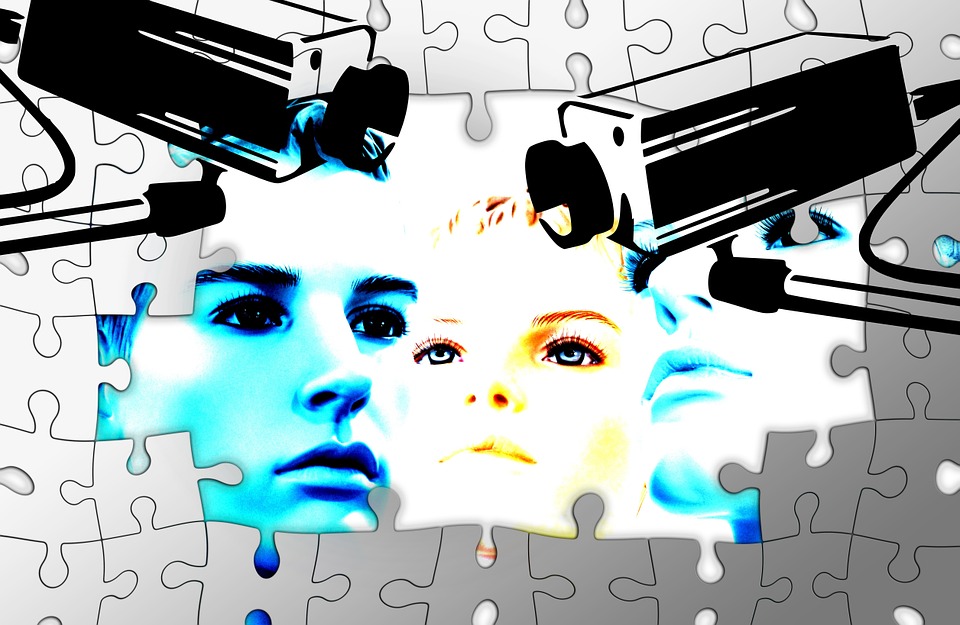FBI has been testing facial recognition software on Americans for YEARS without their knowledge or consent
03/09/2023 / By Ethan Huff

The American Civil Liberties Union (ACLU) is suing the Federal Bureau of Investigation (FBI) for illegally spying on and surveilling Americans using advanced facial recognition software.
Sen. Ed Markey (D-Mass.), in speaking to The Washington Post about the suit, explained that Americans deserve to be able to go about their lives in peace without being watched by corrupt federal agencies that have grossly overstepped their bounds.
“Americans’ ability to navigate our communities without constant tracking and surveillance is being chipped away at an alarming pace,” Markey said to the Post, the first media outlet to break the news about the ACLU suit.
“We cannot stand by as the tentacles of the surveillance state dig deeper into our private lives, treating every one of us like suspects in an unbridled investigation that undermines our rights and freedom.”
(Related: In order to sell on Amazon, marketplace participants must submit a video of themselves for the online retailer’s facial recognition database.)
Democrats introduce legislation to stop FBI from illegally spying on Americans
At the current time, there are only state-level bans in some areas blocking the FBI from using facial recognition tools to track Americans without their knowledge or consent, and without a warrant. There is no federal-level ban on such practices, though Markey has pledged to see one passed.
Along with Rep. Pramila Jayapal (D-Wash.) and numerous other Democrats, Markey has promised to unveil new legislation that would rein in the FBI and other federal agencies and stop them from taking advantage of the system in violation of the Constitution.
“The year is 2023, but we are living through 1984,” Markey added upon reintroducing the Facial Recognition and Biometric Technology Moratorium Act, which is backed by the ACLU and numerous other privacy rights groups. “The continued proliferation of surveillance tools like facial recognition technologies in our society is deeply disturbing.”
“Biometric data collection poses serious risks of privacy invasion and discrimination, and Americans know they should not have to forgo personal privacy for safety. As we work to make our country more equitable, we cannot ignore the technologies that stand in the way of progress and perpetuate injustice.”
Documents obtained by the ACLU show that the FBI, along with the Department of Defense (DoD), have been collecting drone and street camera footage to feed into its facial recognition software. These agencies have been doing this to a much more expansive degree than most people realize.
“We obtained thousands of documents revealing the FBI’s major involvement in developing face recognition software that could allow the government to identify and track millions of people at a time,” the ACLU tweeted about what it has uncovered.
In essence, the FBI has been quietly working alongside academic researchers to “refine artificial intelligence techniques that could help in the identification or tracking of Americans without their awareness or consent,” the Post further reported about the matter.
Many of the records obtained by the ACLU and the Post have to do with the Janus program, which was funded by the Intelligence Advanced Research Projects Agency. This program was ultimately used to create a search tool called Horus, named after the occultic Eye of Horus, that is used by multiple federal agencies.
These tools allow for the quick and accurate processing of “truly unconstrained face imagery” recorded by the potentially millions of surveillance cameras that litter public spaces throughout the United States.
“We’re essentially beta-testing technology on real people with real-world consequences,” the government admitted.
There is no limit to the amount of corruption present at the FBI. To learn more about it, visit FBIcorruption.news.
Sources for this article include:
Submit a correction >>
Tagged Under:
ACLU, AI, artificial intelligence, big government, biometric data, consent, dangerous tech, Facial recognition, FBI, FBI corruption, future tech, Glitch, Horus, information technology, Janus, national security, outrage, privacy watch, Spygate, spying, surveillance, tracking, watched
This article may contain statements that reflect the opinion of the author




















